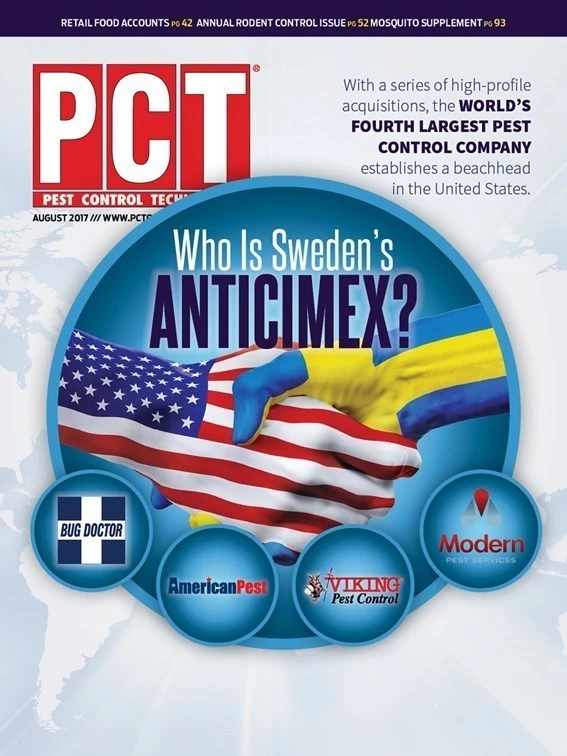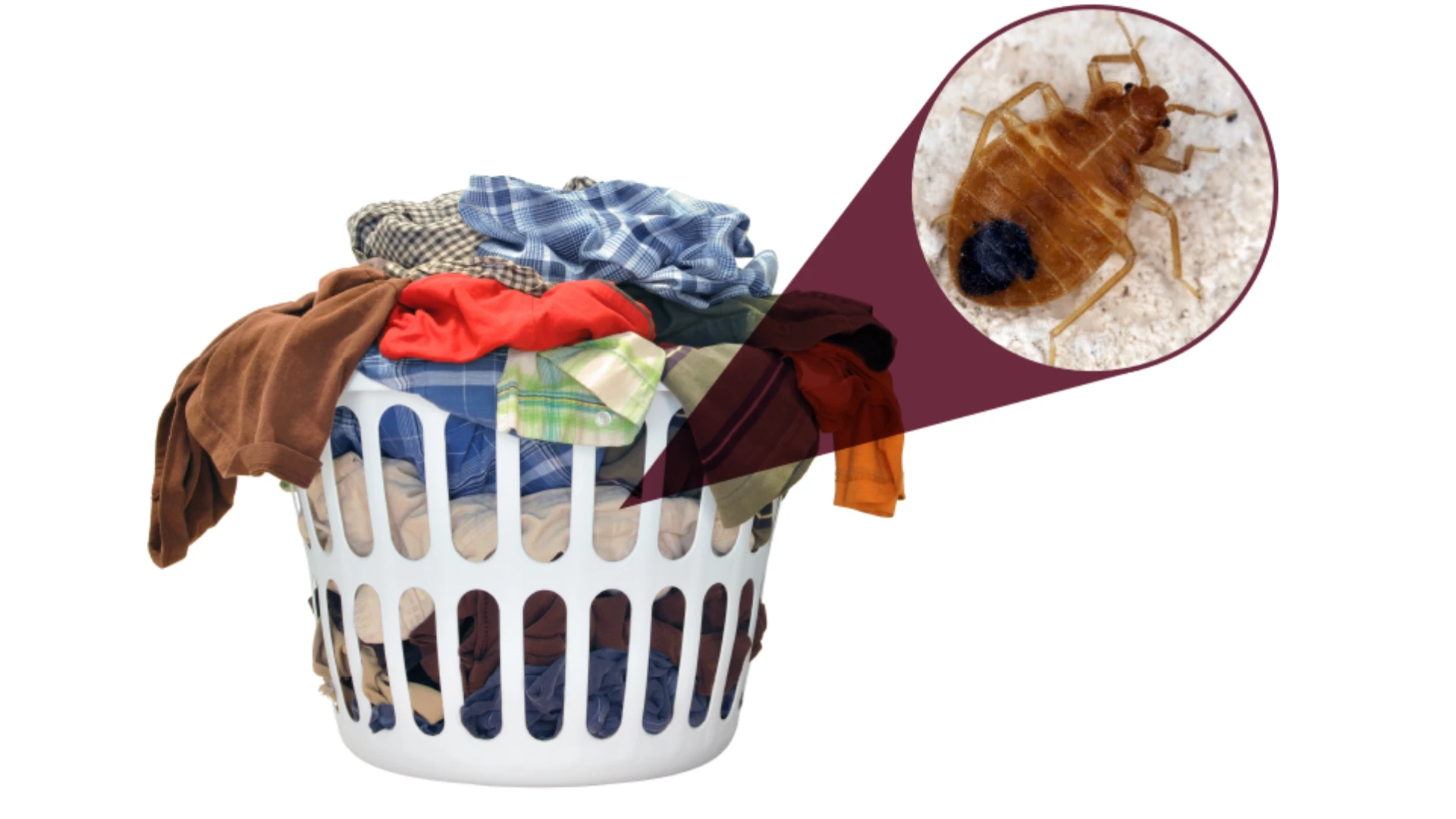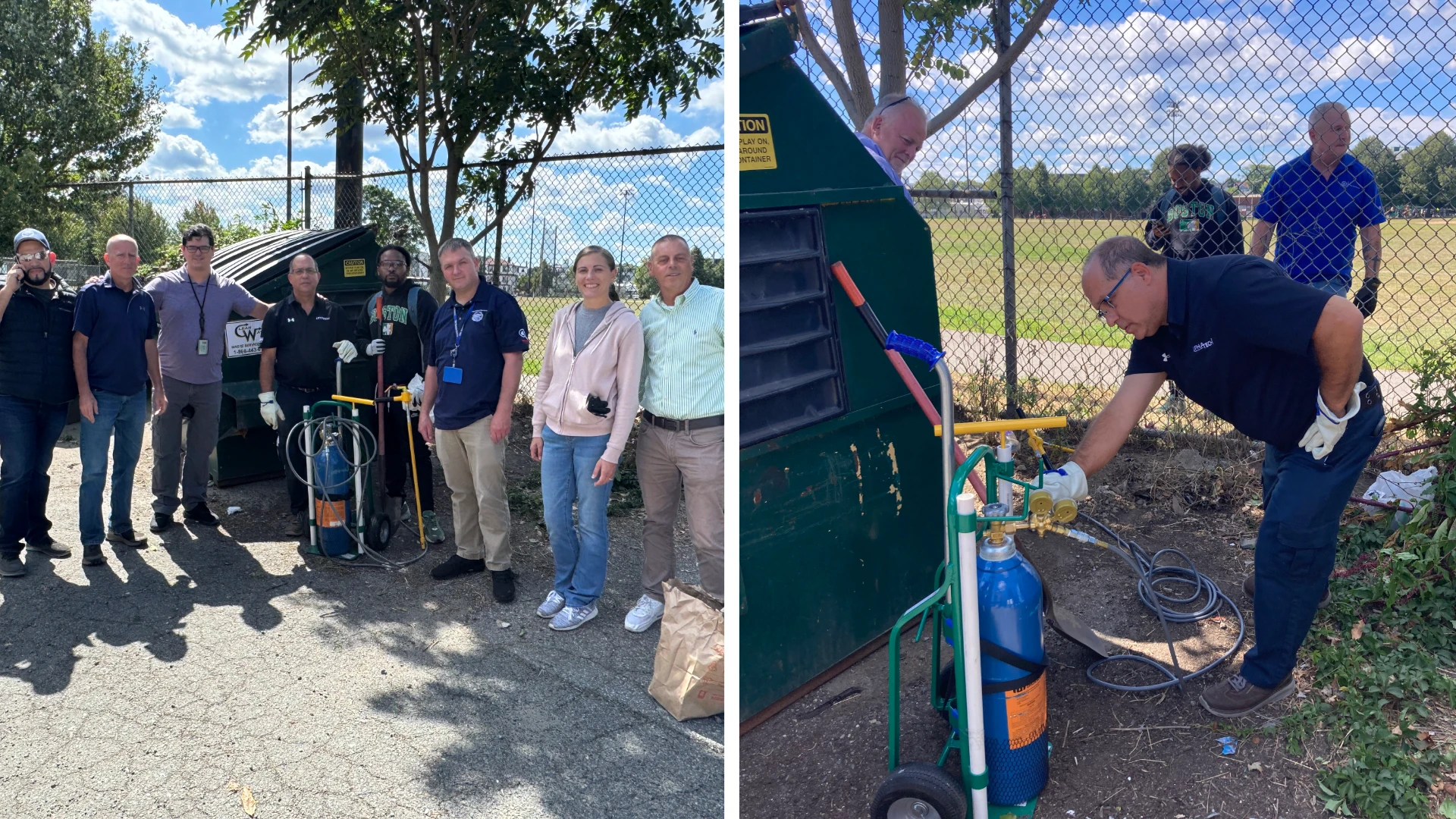
With the state being the third-largest beekeeping state in the nation, Florida beekeepers are worried. “With the Zika cases in south Florida, and now that scientists have identified mosquitoes that carry the Zika virus, we would expect beekeepers to be concerned about increased pesticide application,” said Fred Fishel, professor of agronomy and director of the Pesticide Information Office. “But registered beekeepers should be notified before an application of pesticides. That gives them time to protect their bees while spraying is conducted.”
Additionally, said William Kern, associate professor of urban entomology at the UF/IFAS Fort Lauderdale Research and Education Center, there are pesticides that will not harm bees, but will kill mosquitoes. “The larvaciding materials methoprene should have very little impact on honey bee colonies and no mortality on adult honey bees. Bti, a biological pesticide, has no impact on honey bees,” he said. “The problem comes from the use of adulticides like naled, pyrethrin or resmethrin, that will kill exposed bees.”
Jamie Ellis, an associate professor of entomology and head of the UF/IFAS Honey Bee Research and Extension Lab, offered these tips to help mosquito control officials, pest management professionals and beekeepers minimize damage to bees:
- Beekeepers should ask the Mosquito Control District (MCD) to review the list of pesticides available to them and use those that are the least-toxic to bees and have the shortest persistence in the environment. The MCD will want to rotate chemicals to lessen the chance that mosquitoes will become resistant to any one product.
- Encourage the MCD to spray after dark, when bees are not flying. Most mosquito control districts must spray at or just after dusk because that is when mosquitoes fly, but the later in the evening they can spray, the better it is for the bees.
- Work with the spray team to identify areas that need to be sprayed. Local terrain will determine the location of mosquito hot spots. Spray teams can review their areas and possibly limit the amount of pesticide that they spray.
- Beekeepers should create a list of local beekeepers and include their contact information, then give it to the local MCD and ask them to notify all area beekeepers prior to spraying for mosquitoes. This is especially important when mosquito officials must conduct emergency mosquito control operations. A helpful reminder that a beekeeper can have colonies located all over the district will be instructive. (Editor’s note: This is also useful information for PMPs.)
CONCLUSION. “Beekeepers need to remember that mosquito control districts work under certain constraints and may not be able to follow all of the recommendations,” Ellis said. “The obligation is on the beekeeper to protect his/her bees.” Ellis suggested placing hives in areas that are less likely to be exposed to spraying.
Also, communication is key. “Communicate openly with local mosquito control districts about the importance of honey bees,” she said. “Volunteer to give a presentation on bees to the employees so that they will understand the situation better.”
(Source: Beverly James, University of Florida)

Explore the August 2017 Issue
Check out more from this issue and find your next story to read.
Latest from Pest Control Technology
- Rentokil Terminix Expanded in Key Markets with 2024 Acquisitions
- In Memoriam: Joe Cavender
- Certus Acquires Green Wave Pest Solutions
- Liphatech Adds Alex Blahnik to Technical Team
- Do the Right Sting: Stinging Insect Identification, Management, and Safety
- VAGA's 8th Annual Veterans Thanksgiving Appreciation Dinner
- Clark's Blair Smith on the Response to Increased Dengue Fever Cases in Southern California
- WSDA, USDA Announce Eradication of Northern Giant Hornet from U.S.





